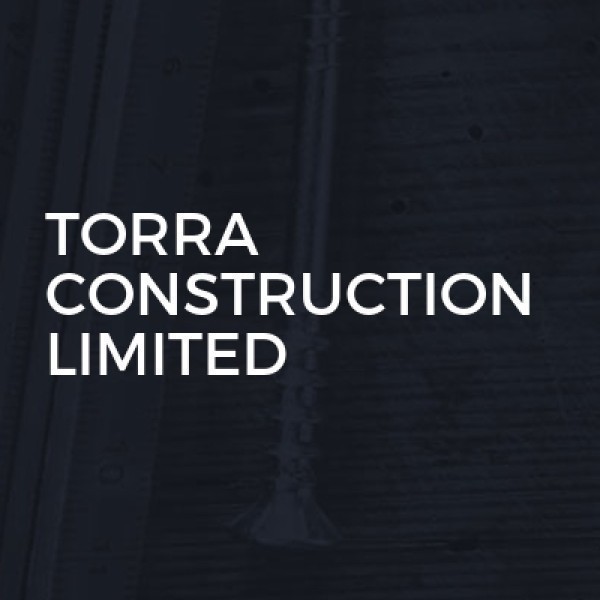Introduction to Block Paving in Borehamwood
Block paving has become a popular choice for homeowners and businesses in Borehamwood. This versatile and aesthetically pleasing option offers a durable solution for driveways, patios, and pathways. With its wide range of styles and colours, block paving can enhance the curb appeal of any property. In this article, we'll explore the various aspects of block paving in Borehamwood, from its benefits to maintenance tips, ensuring you have all the information needed to make an informed decision.
What is Block Paving?
Block paving, also known as brick paving, involves laying blocks or bricks in a specific pattern to create a hard surface. These blocks are typically made from concrete or clay, offering a robust and long-lasting solution for outdoor surfaces. The interlocking nature of block paving provides stability and flexibility, making it an ideal choice for areas with heavy foot or vehicle traffic.
Types of Block Paving
- Concrete Blocks: These are the most common type of block paving, known for their durability and affordability. They come in various shapes, sizes, and colours, allowing for customisation.
- Clay Blocks: Clay blocks offer a more traditional look and are known for their rich, natural colours. They are slightly more expensive but provide a timeless appeal.
- Natural Stone Blocks: For a premium finish, natural stone blocks such as granite or sandstone are an excellent choice. They offer unique textures and colours, though they come at a higher cost.
Benefits of Block Paving in Borehamwood
Block paving offers numerous advantages, making it a preferred choice for many in Borehamwood. Here are some key benefits:
- Durability: Block paving is highly durable and can withstand heavy loads, making it suitable for driveways and commercial areas.
- Low Maintenance: With proper installation, block paving requires minimal maintenance. Occasional cleaning and resealing can keep it looking new for years.
- Versatility: Available in various styles and colours, block paving can be customised to match the aesthetic of any property.
- Eco-Friendly: Permeable block paving options allow water to drain through, reducing surface runoff and promoting groundwater recharge.
- Repairable: Individual blocks can be replaced if damaged, without disturbing the surrounding area.
Choosing the Right Block Paving for Your Borehamwood Property
Selecting the right block paving involves considering several factors to ensure it meets your needs and preferences. Here's what to keep in mind:
Purpose and Usage
Determine the primary use of the paved area. For driveways, opt for thicker and more robust blocks to handle vehicle weight. For patios or garden paths, you might choose thinner blocks with decorative patterns.
Style and Aesthetics
Consider the architectural style of your property and choose block paving that complements it. Whether you prefer a modern, sleek look or a rustic, traditional feel, there's a block paving style to match.
Budget Considerations
Block paving comes in a range of prices. Set a budget and explore options within that range. Remember, while natural stone may be more expensive, it offers unmatched beauty and longevity.
Professional Installation
Hiring a professional installer ensures the longevity and quality of your block paving. Look for experienced contractors in Borehamwood with positive reviews and a portfolio of completed projects.
Installation Process of Block Paving
The installation of block paving involves several steps to ensure a durable and attractive finish. Here's a brief overview of the process:
Site Preparation
The first step is to prepare the site by removing existing surfaces and excavating the area to the required depth. This ensures a stable base for the paving.
Base Layer Installation
A sub-base layer of crushed stone or gravel is laid and compacted to provide a solid foundation. This layer is crucial for drainage and stability.
Edge Restraints
Edge restraints are installed to hold the blocks in place and prevent movement. These can be made of concrete, metal, or plastic, depending on the design.
Laying the Blocks
The blocks are laid in the desired pattern, starting from one corner and working across the area. Care is taken to ensure even spacing and alignment.
Joint Filling and Compaction
Once the blocks are laid, sand is brushed into the joints to lock them in place. The entire area is then compacted using a plate compactor to ensure stability.
Maintenance Tips for Block Paving
To keep your block paving looking its best, regular maintenance is essential. Here are some tips to help you maintain your paved surfaces:
Regular Cleaning
Remove debris and dirt regularly using a broom or pressure washer. This prevents the build-up of moss and algae, which can make the surface slippery.
Weed Control
Weeds can grow between the blocks if not controlled. Use a weed killer or manually remove weeds to keep the surface clean and tidy.
Resealing
Apply a sealant every few years to protect the surface from stains and weather damage. This also enhances the colour and appearance of the blocks.
Repairing Damaged Blocks
If a block becomes damaged, it can be replaced without disturbing the entire area. Simply remove the damaged block and replace it with a new one.
Cost of Block Paving in Borehamwood
The cost of block paving in Borehamwood can vary based on several factors, including the type of blocks, the size of the area, and the complexity of the design. Here's a general breakdown of potential costs:
Material Costs
Concrete blocks are the most affordable option, while clay and natural stone blocks are more expensive. Prices can range from £20 to £100 per square metre, depending on the material.
Labour Costs
Professional installation typically costs between £50 and £100 per square metre. This includes site preparation, laying the blocks, and finishing touches.
Additional Costs
Consider additional costs such as edge restraints, drainage solutions, and sealants. These can add to the overall cost but are essential for a quality finish.
Environmental Impact of Block Paving
Block paving can have both positive and negative environmental impacts. It's important to consider these when choosing materials and installation methods:
Permeable Paving
Permeable block paving allows water to drain through the surface, reducing runoff and promoting groundwater recharge. This is an eco-friendly option that helps prevent flooding.
Material Sourcing
Choose sustainably sourced materials to minimise the environmental impact. Look for suppliers who use recycled materials or environmentally friendly production processes.
Heat Island Effect
Block paving can contribute to the urban heat island effect by absorbing heat. To mitigate this, choose lighter-coloured blocks that reflect sunlight and reduce heat absorption.
Frequently Asked Questions
- How long does block paving last? With proper maintenance, block paving can last for 20-25 years or more.
- Can block paving be installed in all weather conditions? It's best to install block paving in dry conditions to ensure proper setting and stability.
- Is block paving suitable for sloped areas? Yes, but additional drainage solutions may be needed to prevent water pooling.
- How do I choose the right pattern for my block paving? Consider the style of your property and consult with a professional installer for recommendations.
- Can I install block paving myself? While possible, professional installation is recommended for the best results and longevity.
- What is the best way to clean block paving? Use a pressure washer or a stiff broom with soapy water for regular cleaning.
Conclusion
Block paving in Borehamwood offers a versatile, durable, and aesthetically pleasing solution for outdoor surfaces. With a variety of materials, styles, and patterns available, it can enhance the appearance and functionality of any property. By considering factors such as purpose, style, and budget, and by following proper maintenance practices, you can enjoy the benefits of block paving for many years to come. Whether you're looking to improve your driveway, patio, or garden path, block paving is a reliable and attractive choice.






